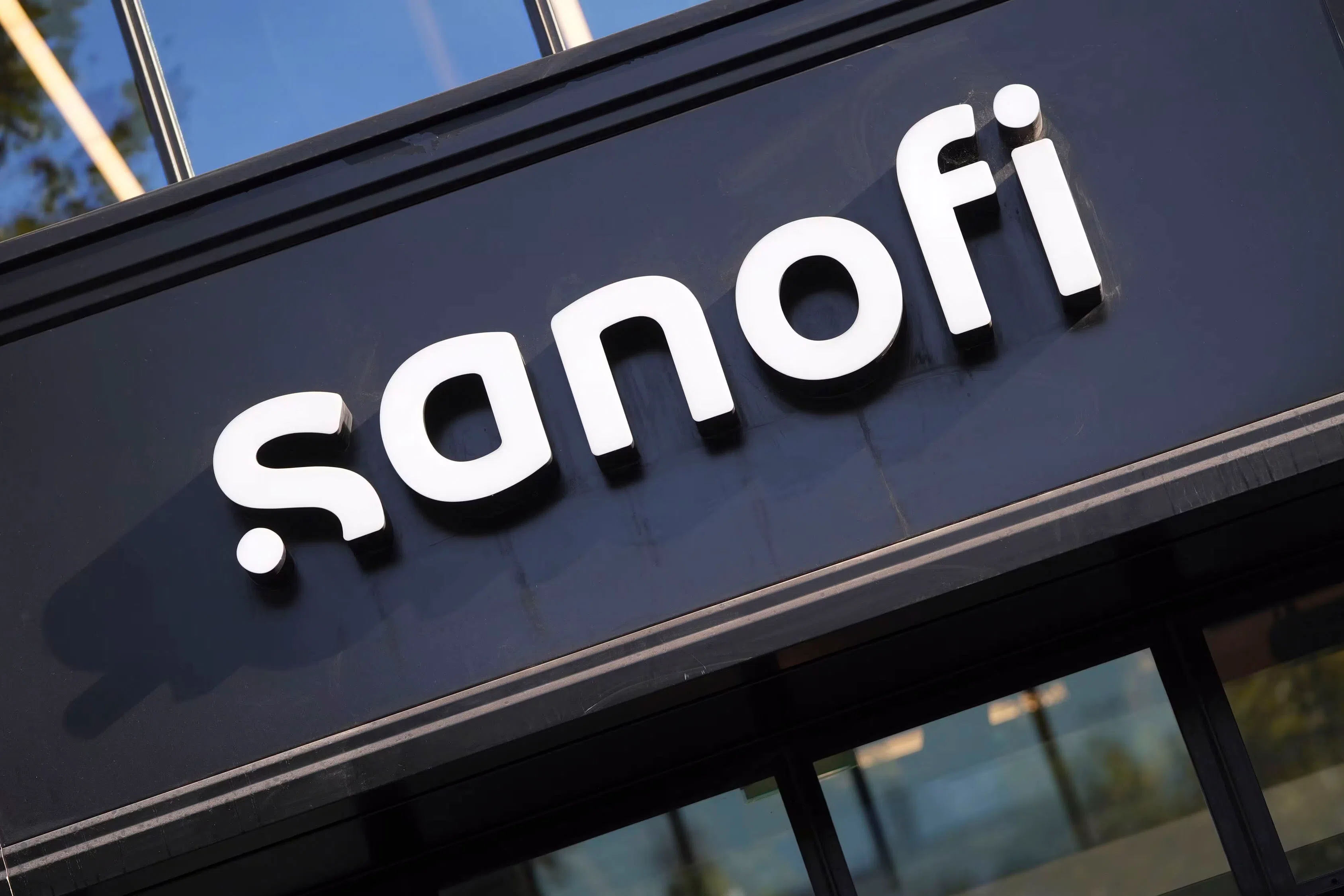BANKS are expected to take more enforcement actions on distressed buildings amid Hong Kong’s property market downturn, according to PricewaterhouseCoopers (PwC).
That’s based on the estimate of the firm’s partner Christopher So, whose team oversees a portfolio of real estate under receivership valued at more than HK$10 billion (S$1.7 billion).
“Lenders tend to give borrowers some breathing space at the beginning. But if it’s clear that the negotiation is not going anywhere, banks may consider taking enforcement actions,” said So, who leads PwC’s restructuring and insolvency practice. “Many banks have put collateral under receivership in the past six to 12 months.”
While So did not provide an estimate on the number of such cases, he’s handling assets that include the Cheung Kei Center, once owned by Chinese tycoon Chen Hongtian. His portfolio also includes properties from the Tang Shing-bor family that runs hotels, shops and industrial buildings.
Banks appoint receivers to manage and sell properties for the best price. Lending covenants govern when receivers can be appointed and what they can do. The business is becoming increasingly difficult as Hong Kong faces a severe downturn in both commercial and residential real estate.
A slew of luxury residential units are hitting the market as rich local families have been caught up by a debt crunch. High interest rates and low rental yield are also deterring investors. The city’s office vacancy rate hit a historic high of 16.9 per cent in the first half of the year, while rental prices are expected to fall as much as 10 per cent in 2024, according to CBRE Group.
“The distress in Hong Kong’s property market is taking a toll on everyone,” said Raymond Kwong, an associate director at PwC Hong Kong’s restructuring and insolvency practice. “We are certainly going through a challenging time.” BLOOMBERG







